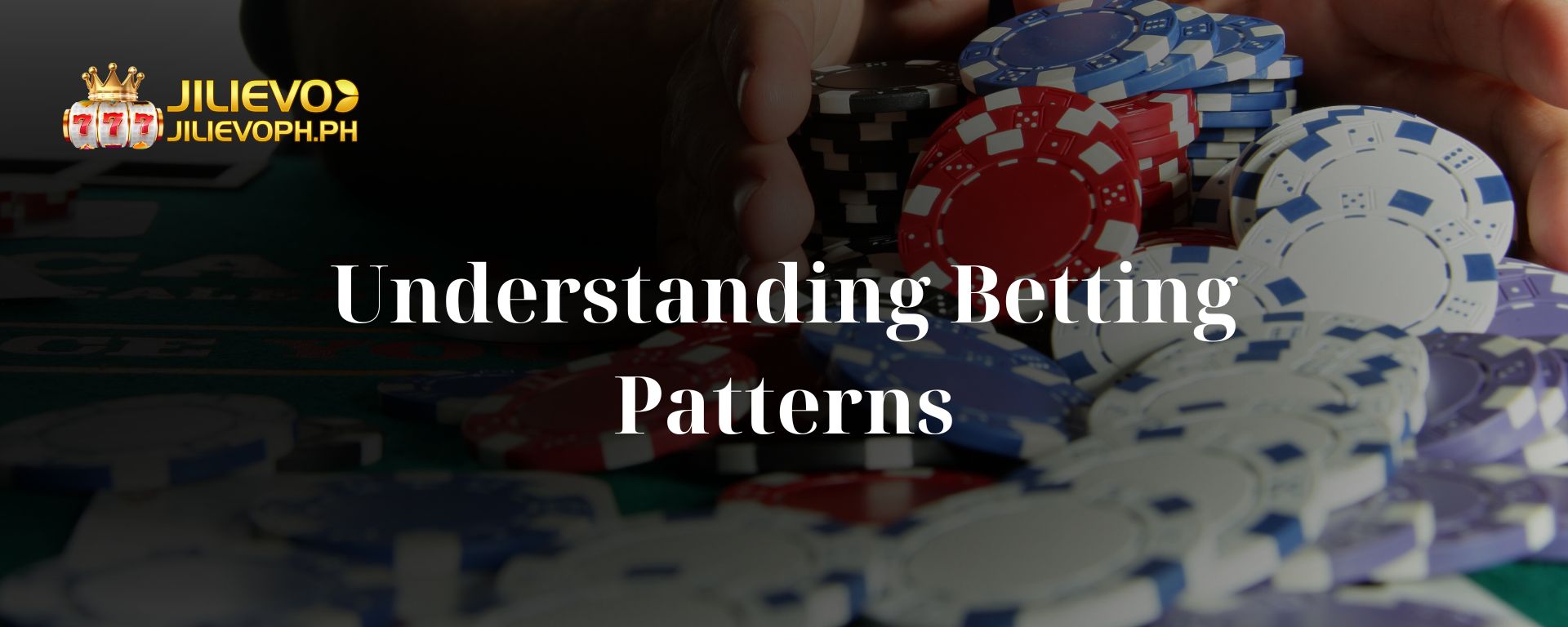Poker is a game where a single hand can change a fortune. But behind the cards, chips, and stoic faces, there’s a complex battle happening – the battle of the mind. Understanding the psychology of poker is just as crucial as knowing the odds and mastering technical skills. A strong mental game can turn a good player into a great one, giving them the edge needed to outsmart opponents, make better decisions, and ultimately, win more often.
Table of Contents
ToggleWhat is poker psychology?
Poker psychology involves understanding the mental and emotional factors that influence players’ behavior at the table. It’s about reading your opponents, managing your own emotions, and exploiting psychological weaknesses (both your own and those of others) to gain an advantage.

Why does the mental game matter?
Poker is a game of incomplete information. You can strategize all you want, but you’ll never truly know what cards your opponents hold. This creates an environment ripe for psychological manipulation and emotional vulnerability. A player who understands the psychology of poker is better equipped to handle the inevitable swings, make calculated decisions under pressure, and see through their opponents’ attempts to deceive.
Reading Your Opponents
In poker, every action (or inaction) can be a potential clue to a player’s hand strength. Learning to decipher these clues, known as “tells,” is a crucial skill in your psychological arsenal.
Tells: Revealing Hidden Hands
- Physical Tells: Body language can betray a player’s inner state. Watch for:
- Changes in posture or breathing patterns
- Eye movements (avoiding eye contact can suggest weakness, intense staring might indicate a strong hand)
- Fidgeting, trembling, or changes in facial expressions
- Betting patterns (speedy bets often show confidence, while hesitation may mean uncertainty)
- Verbal Tells: Pay attention not only to what players say but how they say it.
- Changes in voice pitch, tone, or speech rate can reveal nervousness or excitement.
- Casual remarks or attempts to engage in conversation could be a ploy to distract you or gather information.
Spotting Bluffs
Bluffing is a fundamental part of poker. Identifying when someone is bluffing can save you big losses. Look for these tell-tale signs:
- Overcompensation: Exaggerated confidence displayed through large bets or boastful comments can be a mask for a weak hand.
- Inconsistencies: Is their betting pattern or body language out of sync with their typical behavior?
- Tells Magnified: Tells often become more pronounced when a player tries to bluff with higher stakes.
Understanding Betting Patterns
A player’s betting style can reveal a lot about their potential holdings:
- Tight Players: Play few hands, selective with starting cards, and generally bet cautiously.
- Loose Players: Participate in many hands, raise frequently, and aren’t afraid to take risks.
- Aggressive Players: Bet and raise frequently, aiming to pressure opponents into folding.
- Passive Players: Prefer checking and calling, rarely raising, and can be easier to bluff against.

Important: Tells aren’t foolproof and should be considered within the context of a player’s overall style and the specific hand situation.
Mastering Your Own Emotions
Poker can be an emotional rollercoaster. The thrill of big wins, the sting of losses, and the pressure of tough decisions can quickly derail your game if you let emotions rule. Mastering your mental state at the table is vital for success.
Tilt: The Silent Saboteur
Tilt is poker’s boogeyman – a state of frustration, anger, or recklessness that clouds your judgment and leads to impulsive, poor decisions.
- Signs of Tilt:
- Chasing losses with desperate bets
- Playing hands you normally wouldn’t
- Making overly aggressive or overly cautious plays
- Becoming increasingly irritable or distracted
- Avoiding and Managing Tilt
- Self-awareness: Recognize your personal tilt triggers.
- Take Breaks: Step away from the table to clear your head if you feel emotions rising.
- Perspective: Remember, bad beats and losing streaks are part of the game.
- Seek Support: Don’t be afraid to talk to a poker buddy or seek professional help if tilt becomes a chronic problem.
Handling Wins and Losses
- Stay Grounded After Wins: Don’t overinflate your ego or change your strategy just because you’ve had a lucky streak.
- Don’t Chase Losses: Trying to immediately win back what you’ve lost is a recipe for a deeper hole. Respect your stop-loss limits and step away if necessary.
Mental Toughness in Poker
Developing a resilient mindset takes practice. Here’s how:
- Focus on Controllables: You can’t control the cards you’re dealt, but you can control your decisions.
- Embrace Learning: Analyze your wins and losses to identify areas to improve.
- Develop Discipline: Stick to your game plan and avoid deviating based on emotions.
Psychological Warfare and Table Dynamics
Poker isn’t just about playing your cards; it’s about playing your opponents. Understanding the dynamics at the table and using psychological tactics can give you a significant edge.

Deception: The Art of Disguise
- Bluffing: Convincing your opponents you have a stronger hand than you actually do can force them to fold and win you the pot.
- Slow-Playing: Betting weakly with a strong hand can lure opponents into betting more, growing the pot for you.
- Misdirection: Using your betting patterns or table talk to create a false narrative about your hand.
Intimidation: Asserting Your Presence
Even if you lack the cards to back it up, projecting confidence can influence your opponents’ actions:
- Sizing Up the Table: Observe your opponents for signs of weakness or inexperience.
- Controlled Aggression: A well-timed assertive play can put timid opponents on the defensive.
- Don’t Give Away Weakness: Maintain a poker face and avoid showing undue emotion, even when under pressure.
Table Image: Your Reputation Matters
How you play over time shapes your reputation at the table, which can work in your favor:
- Tight and Predictable: Builds trust, making it easier to get away with bluffs when you do try them.
- Unpredictable and Aggressive: Keeps your opponents on their toes and unsure of how to react.
Exploiting Opponent Weaknesses
Identifying different player types helps you tailor your strategy:
- Calling Stations: Players prone to calling rather than raising can be exploited with value bets.
- Rocks: Tight players can be easily bluffed if you detect they are waiting for strong hands.
- Maniacs: Overly aggressive players tend to make reckless mistakes and offer chances for bluffs.
Remember: Psychological warfare is a subtle art. Overt aggression or obvious bluffing will backfire against skilled players. The key is to strike a balance between deception and calculated play.
Psychology Beyond the Table
The psychological skills honed at the poker table can translate surprisingly well into other areas of life, especially decision-making under pressure and managing resources.

Bankroll Management: Financial Responsibility
Your poker bankroll is akin to your investment portfolio. The psychological principles of discipline, risk assessment, and avoiding emotional decisions are essential for long-term success in both poker and managing finances.
Game Selection: Maximizing Your Edge
Choosing the right poker games is as important as playing your cards well. Look for tables with players less skilled than you or playing styles that suit your strengths. This mirrors the real-world importance of choosing your battles and playing to your strengths for optimal results.
Developing a Poker Mindset
The mental resilience developed in poker is highly valuable in life:
- Patience: Recognizing that success takes time and consistency.
- Self-Awareness: Understanding your own strengths and weaknesses to adapt and improve.
- Growth Mindset: Viewing setbacks as learning opportunities to fuel future growth.
The Psychology in Different Poker Variations
While core psychological principles apply across poker games, the nuances shift slightly based on the specific game:
- Texas Hold’em: Heavy reliance on incomplete information fosters a strong emphasis on reading opponents and deceptive play.
- Omaha: The increased number of hole cards adds complexity to hand evaluation but can make bluffing more difficult.
- Stud Poker: Exposed cards offer more tells, but also demand strong memory skills and calculated plays against revealed information.
Additional Resources for Improving Your Poker Psychology
If you’re intrigued to delve deeper into this topic, here are some resources:
- Books: Classics like “The Mental Game of Poker” by Jared Tendler or “Caro’s Book of Poker Tells” by Mike Caro.
- Online Courses: Platforms like Udemy or MasterClass offer dedicated poker psychology courses.
- Communities: Poker forums and online groups provide a platform to discuss hands, analyze strategies, and learn from others.
Conclusion
Mastering the psychology of poker is a lifelong journey. By understanding your opponents, controlling your emotions, and employing strategic deception, you can gain a significant edge at Jilievo Online Casino. Remember, poker is as much a game of the mind as it is a game of cards.


